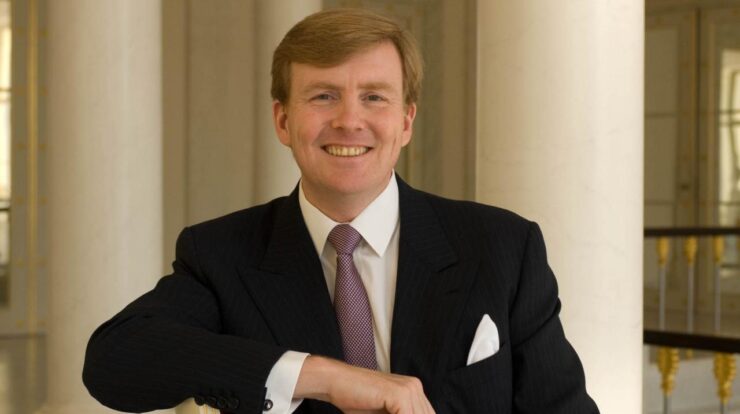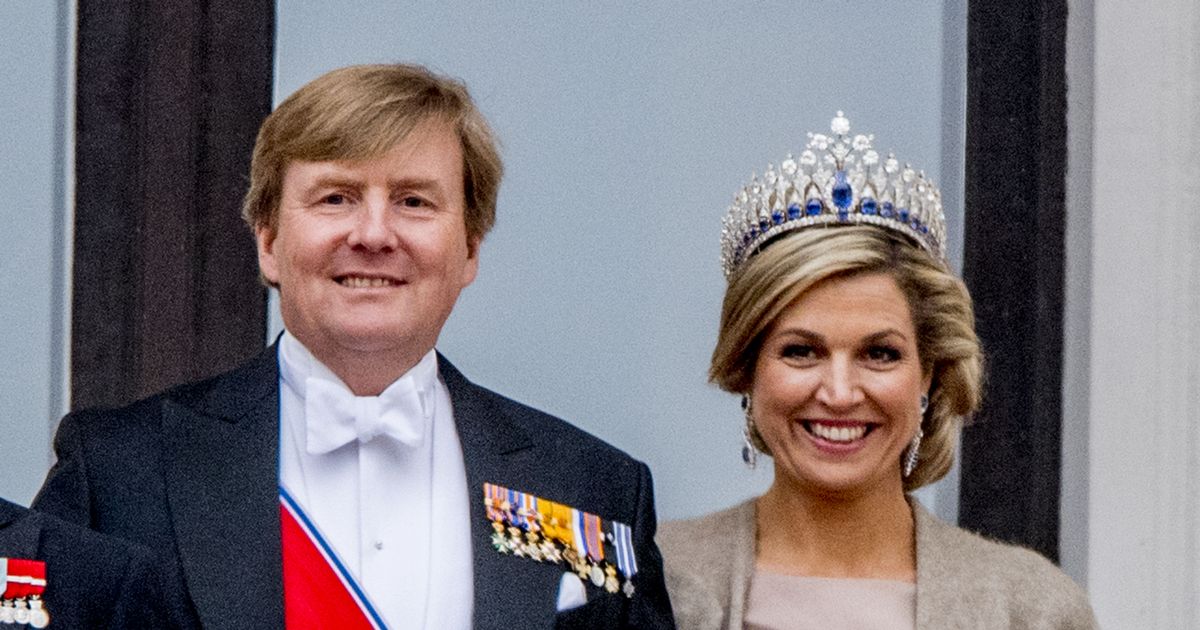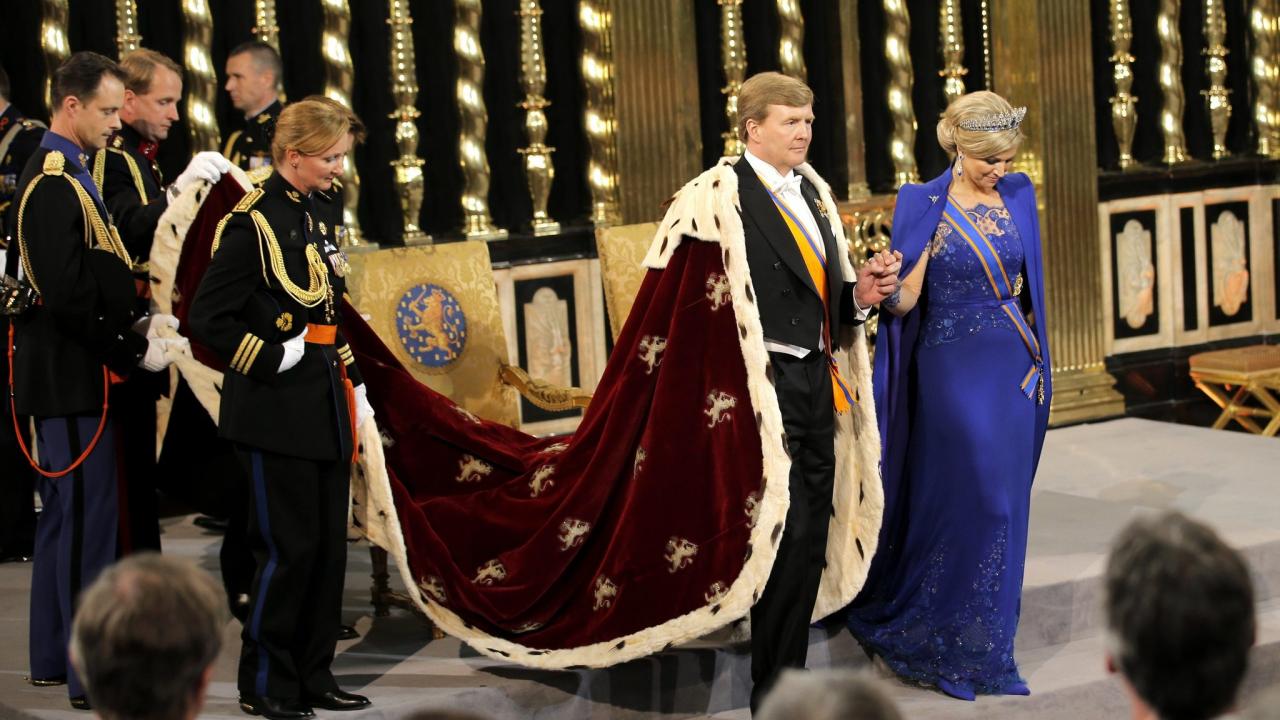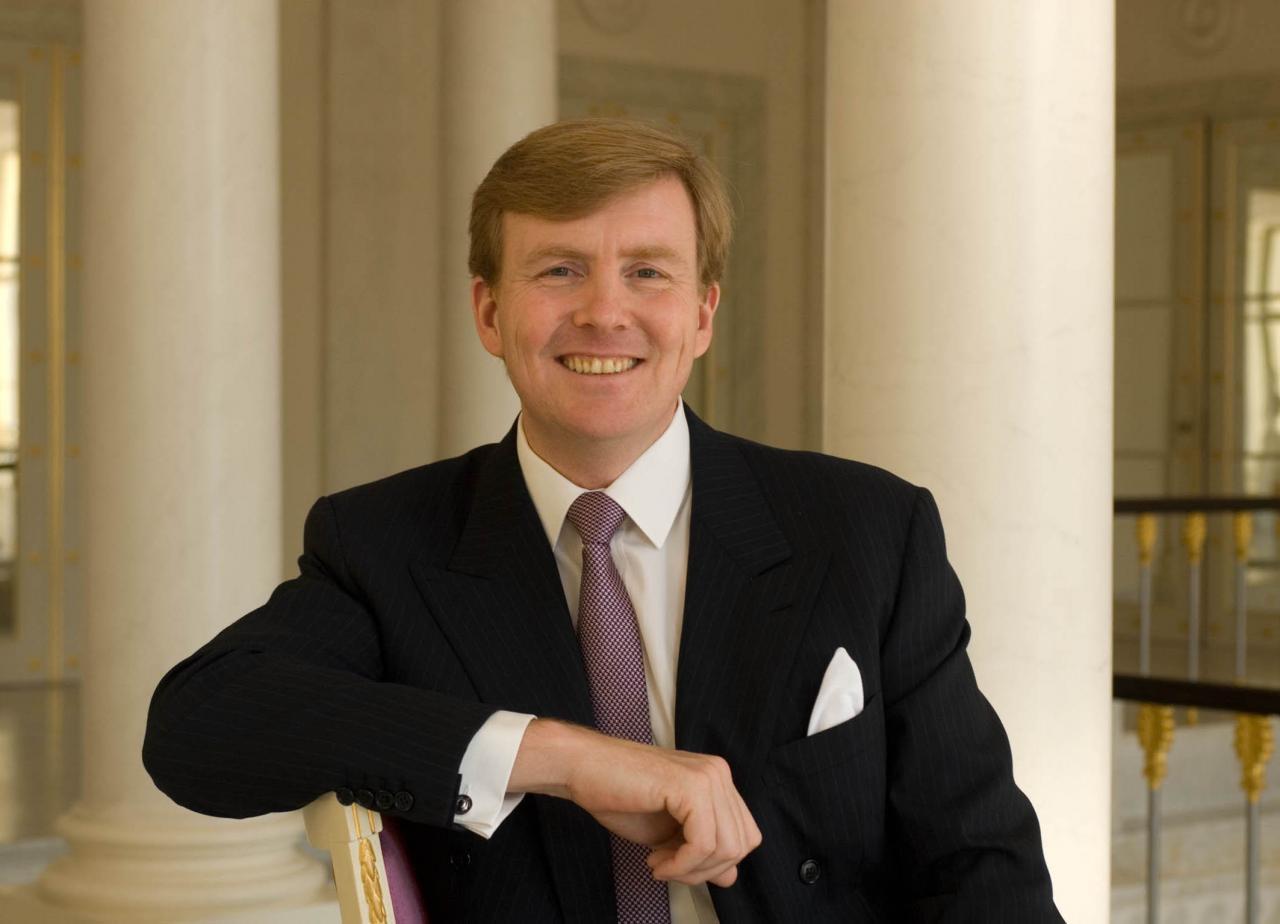
Netherlands king – The Netherlands monarchy, with its rich history and significant role in Dutch society, takes center stage in this exploration. From the responsibilities of the King of the Netherlands to the captivating reign of King Willem-Alexander, this narrative delves into the intricacies of the Dutch monarchy.
King Willem-Alexander, the current monarch, has played a pivotal role in shaping the modern Netherlands. His journey from childhood to his ascension to the throne, as well as his involvement in national affairs and international diplomacy, will be examined in detail.
The Netherlands Monarchy: Netherlands King

The Dutch monarchy is a constitutional monarchy, with the King as head of state. The monarchy has a long and rich history, dating back to the 16th century. The current monarch is King Willem-Alexander, who ascended to the throne in 2013.
The King of the Netherlands is responsible for representing the country abroad, signing laws, and appointing government officials. He also plays a ceremonial role in the country’s political system.
Timeline of the Netherlands’ Monarchs
- 1581-1625: William the Silent
- 1625-1647: Frederick Henry
- 1647-1650: William II
- 1650-1672: William III
- 1672-1702: William III of Orange
- 1702-1747: Queen Anne
- 1747-1795: William IV
- 1795-1813: French occupation
- 1813-1840: William I
- 1840-1849: William II
- 1849-1890: William III
- 1890-1948: Queen Wilhelmina
- 1948-1980: Queen Juliana
- 1980-2013: Queen Beatrix
- 2013-present: King Willem-Alexander
King Willem-Alexander

King Willem-Alexander was born on 27 April 1967, in Utrecht, Netherlands. He is the eldest son of Queen Beatrix and Prince Claus. He studied history at Leiden University and served in the Royal Netherlands Navy. He married Máxima Zorreguieta Cerruti in 2002, and they have three daughters.
King Willem-Alexander became King of the Netherlands on 30 April 2013, following the abdication of his mother, Queen Beatrix. He is a popular monarch and is seen as a symbol of unity for the Dutch people.
Role as Head of State, Netherlands king
As head of state, King Willem-Alexander represents the Netherlands abroad. He signs laws, appoints government officials, and receives foreign dignitaries. He also plays a ceremonial role in the country’s political system.
Involvement in National Affairs
King Willem-Alexander is actively involved in national affairs. He regularly visits different parts of the country and meets with people from all walks of life. He also speaks out on issues that are important to him, such as climate change and social justice.
Epilogue

In conclusion, the Netherlands monarchy, under the leadership of King Willem-Alexander, continues to be a symbol of national unity and a key player in international affairs. The rich traditions and ceremonies associated with the Dutch royal family, coupled with the King’s dedication to his people, ensure the monarchy’s enduring relevance in the 21st century.
Top FAQs
What is the significance of Koningsdag in the Netherlands?
Koningsdag, or King’s Day, is a national holiday celebrated on April 27th to mark the birthday of King Willem-Alexander. It is a day of festivities, with street parties, music, and orange-themed decorations.
What is the role of the King of the Netherlands?
The King of the Netherlands is the head of state and symbol of national unity. He plays a ceremonial role in government, but also has the power to dissolve parliament and appoint new governments.





